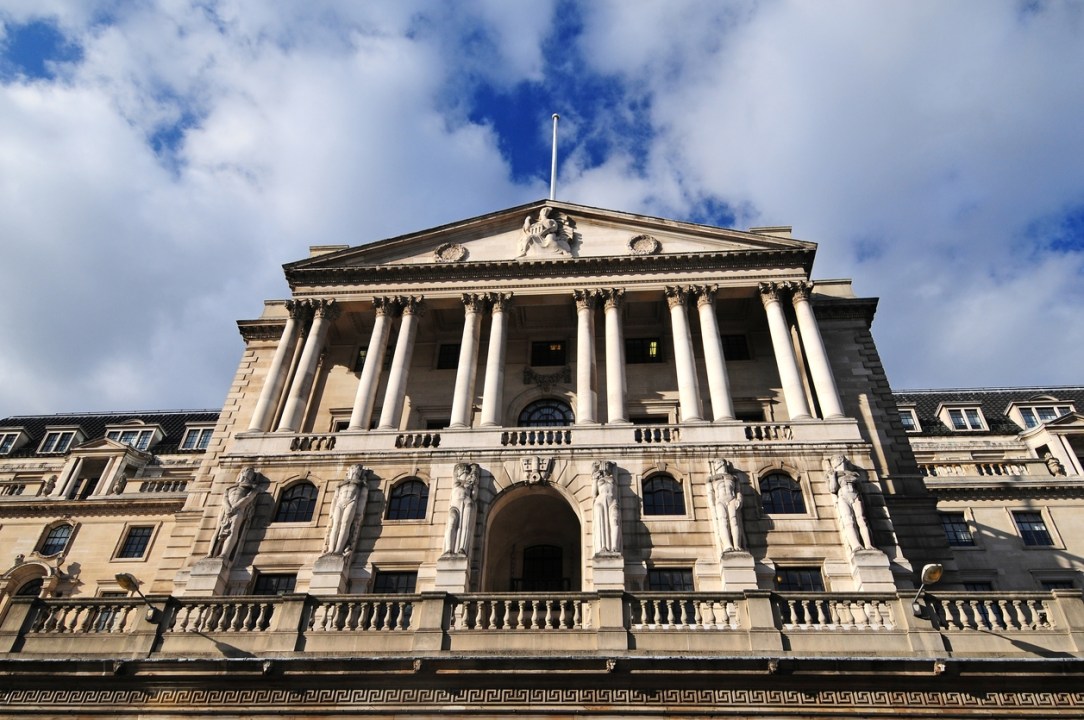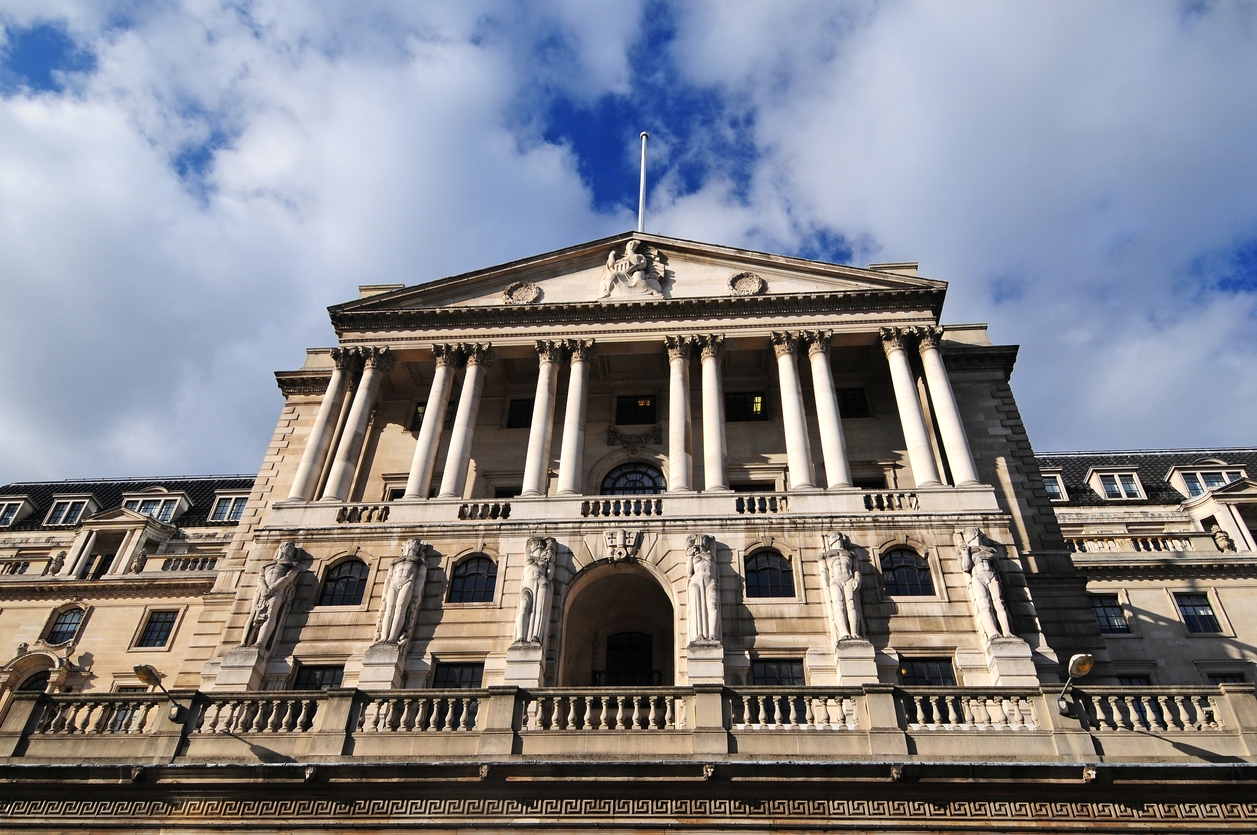‘Let us never forget this fundamental truth: the state has no source of money other than money which people earn themselves. If the state wishes to spend more it can only do so by borrowing your savings or by taxing you more. It is no good thinking someone else will pay – that “someone else” is you. There is no such thing as public money; there is only taxpayers’ money.’
These words, by Margaret Thatcher at the 1983 Conservative party conference, have often been used as a justification for rolling back the state so that private citizens can spend more of their own money. They seem to cast the state as a parasitical creature, eager to be active but always needing to be fed.
They come from an era when Ronald Reagan was making similar points across the Atlantic, albeit in a less severe style. Reagan’s message to the public sector, he once joked, was: ‘Don’t just do something, stand there’. Another favourite line of his was that the nine most terrifying words in the English language were: ‘I’m from the government and I’m here to help.’
A favourite line of Reagan’s was that the nine most terrifying words in the English language were: ‘I’m from the government and I’m here to help’
But that hardly describes modern political reality. Not when governments across the western world bailed out the privately-owned banking system a dozen years ago. And not when they are, right now in the midst of this pandemic, keeping private enterprises large and small afloat by giving them enormous sums of money borrowed in the name of taxpayers.
And so a re-evaluation of Thatcher’s words becomes both overdue and inevitable. The basic truth of her statement remains intact. But what if a huge upsurge in the money the state spends is widely conceded to be essential in order to tackle enormous crises like the financial crash and coronavirus?
It would be fanciful and politically unsellable for today’s right to rely on the idea that somehow there are still sufficient ‘efficiency savings’ to be found in state spending, after a decade of ‘austerity’. If anything, the electorate seems to be champing at the bit to reward key workers with generous pay rises, including a million-and-a-half NHS staff, who will have steered the country through the choppiest of waters.
Equally, after the current commitment to pay the nation’s private sector wages ends, there will be an enormous mountain of public sector debt – probably in excess of 100 per cent of annual GDP – to get to grips with. So the scope and the appetite to keep borrowing is likely to be very limited.
Only the most naïve and fiscally irresponsible believe that a burst of Reaganite unfunded tax cuts will boost enterprise enough to pay for itself.
In short, the Thatcherite right faces the unwelcome conclusion that the only honest way to finance the fight against coronavirus will be significant tax rises on private citizens and businesses. Even if Rishi Sunak, the wunderkind Chancellor, plots a repayment schedule as gentle as it is possible to conceive – with the debt-to-GDP ratio mainly left to reduce very gradually through GDP uplift rather than active debt repayment – the need will remain for much higher taxation revenues.
There is only one way that I can see around the 2020s becoming a most unpalatable decade for believers in free enterprise and low taxation: by allowing an extended burst of moderate inflation to lessen the real value of public sector debt.
Five years of inflation at five per cent would make one heck of a dent in it. The Government printing money to pay off its backlog of bills would, in effect, amount to a disguised tax rise at the expense, in particular, of well-heeled older people sitting on big financial deposits.
Notable beneficiaries would include new graduates who could expect to pocket pay rises to keep pace with the cost of living while at the same time seeing the real value of their student debt plummet. So the Government could even claim that higher inflation was addressing the issue of generational unfairness.
Of course, the danger is always that ‘just enough’ inflation will become far too much. And it is undeniable that the Iron Lady would have hated this solution most of all. But I wonder what course she would recommend to avoid it? And I suspect the answer would be not to start from here.








Comments